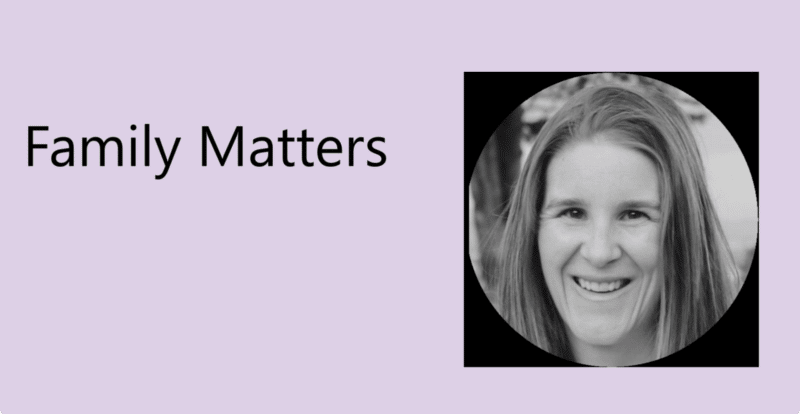Covid has really highlighted the poverty gap. I live in a well-off suburb, where people don’t worry about where the next meal comes from, or whether they have food in the cupboards to feed their kids or not.
Every day, I see, in the routine context of work, people on the benefit, and pensioners whose only source of income is New Zealand Superannuation. I have the privilege of visiting people in their homes. This takes me into state homes and rentals. Cold houses where people struggle every day to make ends meet. Complex social situations, as a result of poverty, that mean kids don’t go to school every day. This is real life for many New Zealanders, yet many on the other end have no idea.
Covid has shown that, in New Zealand, some people simply don’t have enough, and some have gross excess. I’ve heard people talk about how they can’t have their yearly overseas holiday now, so they have extra money to put towards a pool, do a reno or buy a spa.
Then, by way of contrast, I see people who can’t pay their phone or power bill. In most cases, I see there is no “wastage” of money. There is a perception that people on benefits gamble their money away, or waste it on alcohol or cigarettes. I do meet people with gambling addictions and alcoholism but, by and large, most people I see don’t smoke, don’t drink and don’t gamble. Day-to-day life is just expensive in New Zealand.
The contrast is quite stunning. I do believe that, if those who have more truly walked and lived alongside those who have less, they would see and understand the difficulties. Most of the people I meet are hard-working — in fact, many are doing two or three shift work jobs.
Mum and Dad are working such hours that they hardly see each other or meet as a family, while they try to make ends meet. When you don’t live like that, it is almost impossible to understand what it is like. I had a lady describe to me why she needed a family meeting at hospital at a particular time. She only had a certain amount of money for petrol every week, so to factor in a trip to Middlemore meant she couldn’t make an extra trip. It had to be tagged on to another necessary trip, such as school drop-off or pick-up or supermarket shopping.
Jesus saw all these people. He spoke to them. He offered them healing. He gave them love. He fed them. Keeping an open mind and breaking down the “us and them” barrier is important, but you have to know that these situations even exist as a first step. I often find it much easier to see Jesus in the poorer people I meet, than in the well-off people. There is a clear theme in the New Testament of Jesus going to people like lepers and tax collectors, and showing them mercy and forgiveness. He preaches parables, such as the Good Samaritan, and he gave The Sermon on the Mount. He said “blessed are the poor in spirit for they shall inherit the kingdom”.
On a day-to-day basis, I struggle to see justice and mercy for the poorer patients that I see. Everything is so much harder for them. They struggle with the basics in life that many of us take for granted. Will throwing more money at it fix the situation? No, but it will help. The issues run far deeper than that. There is a cultural divide as well as a financial divide in many of these situations. It is in everyone’s best interests to narrow this gap. Ultimately, the gap costs us all more in the long run.
Matthew 19:24; “Again I tell you, it is easier for a camel to go through the eye of a needle than for someone who is rich to enter the kingdom of God.”
Helen Luxford is a physician, working part-time. She is a parishioner of St Michael’s, Remuera. Together with her husband Michael, they are raising their children in the Catholic Faith and reflecting on the challenges and joys that brings.

Reader Interactions